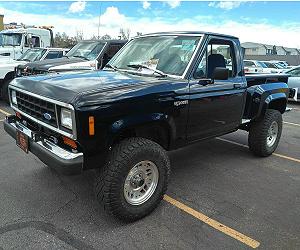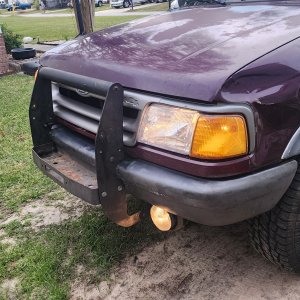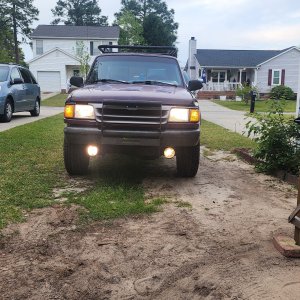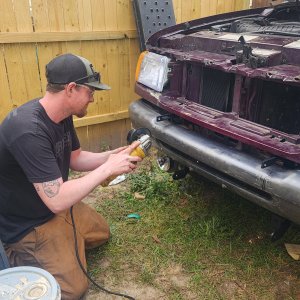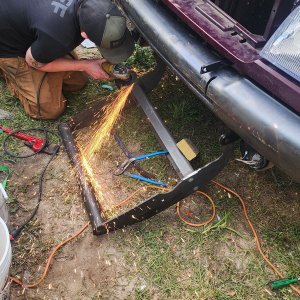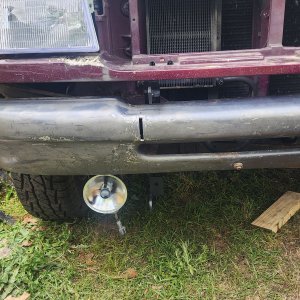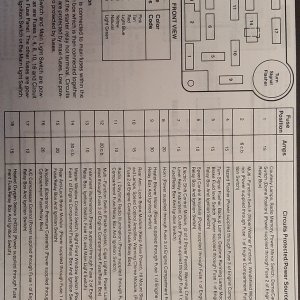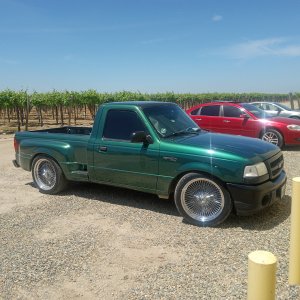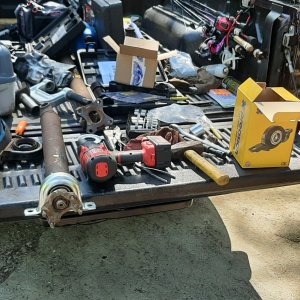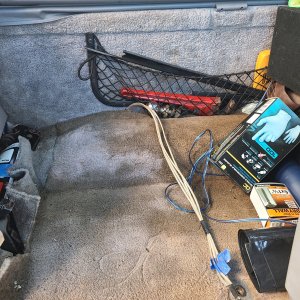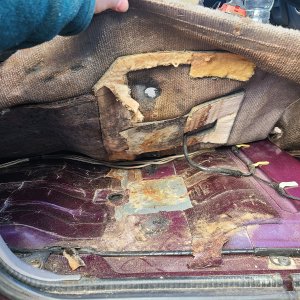Question. Have you tried to wrap the bolts you torqued in teflon tape? Some of those bolts do also seal so if they are not wrapped or covered in pipe dope they can cause a leak.
When I did the cover/WP I used Permatex High Performance Thread sealant as per the FSM, even doing more bolts than it spec's as it was hard to tell which breached the water passage.. I have used Permatex many times before with unfailing results. I did not consider T tape. You may be right that it is a bolt thread leaking and not a gasket - so maybe removing a couple bolts in the area of the leak and redoing them with T tape. That I will seriously consider. Thanks.
So this turned out the be the best advice, at least initially. I removed the splash shield to give better access to the leak and found it was coming from a water pump bolt higher up than I thought. I removed the bolt and found rust on it and clear indication this was the leak location. Cleaned up the bolt, applied new thread sealer and waited. It was OK for a few days but then started slow leaking as before.
I decided to use the Bar's Leak tablets HDC. From some internet research of actual use and GM recommending (1 tab per 7 quarts) using less than that prescribed by Bar's Leaks, I used 3 tablets instead of 6-7. Followed package directions and after a 20 minute drive and cool down over night the leak has sealed. Several days of driving and cool down shows continued leak stoppage.
There has been no indication of rad or heater core blockage. I get full cabin heat and engine running temps have not changed (digital heat gauge). I plan on now flushing the cooling system as Bar's says that will not affect the seal.
I'll just have to see if this holds and if I get any adverse outcomes. I cannot comment on any other stop leak and think it's important to use this in a clean or at least flushed system to prevent possible internal blockage, although I've seen no general stories of this actually happening.
I do not think this should be the accepted overall fix, but in my case it has saved me a ton of work. I'll live with it and report back with my continued actual experience.

